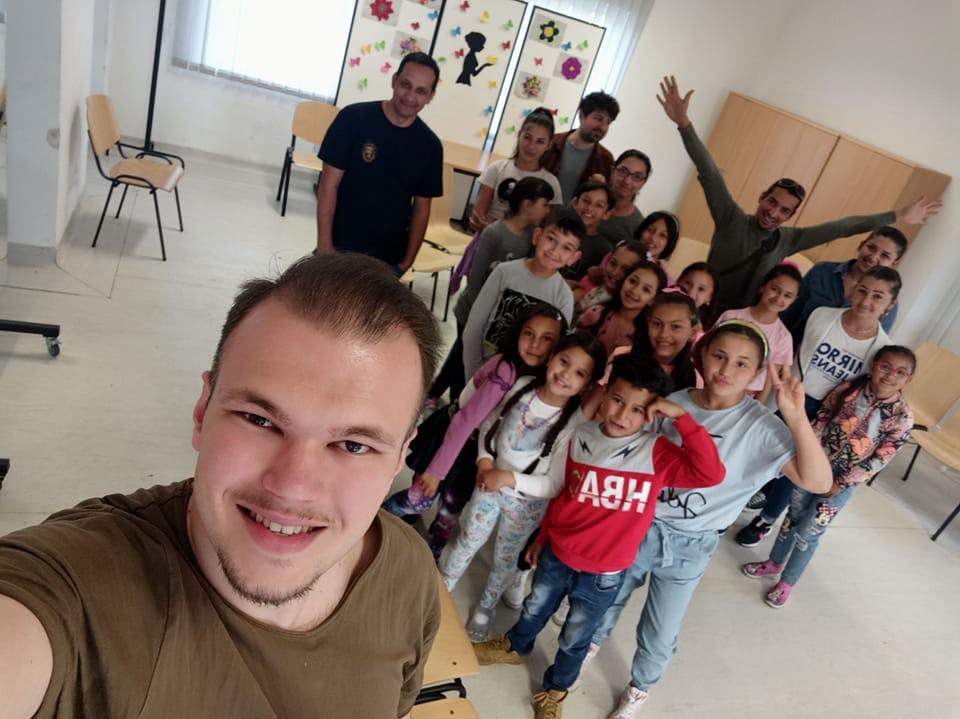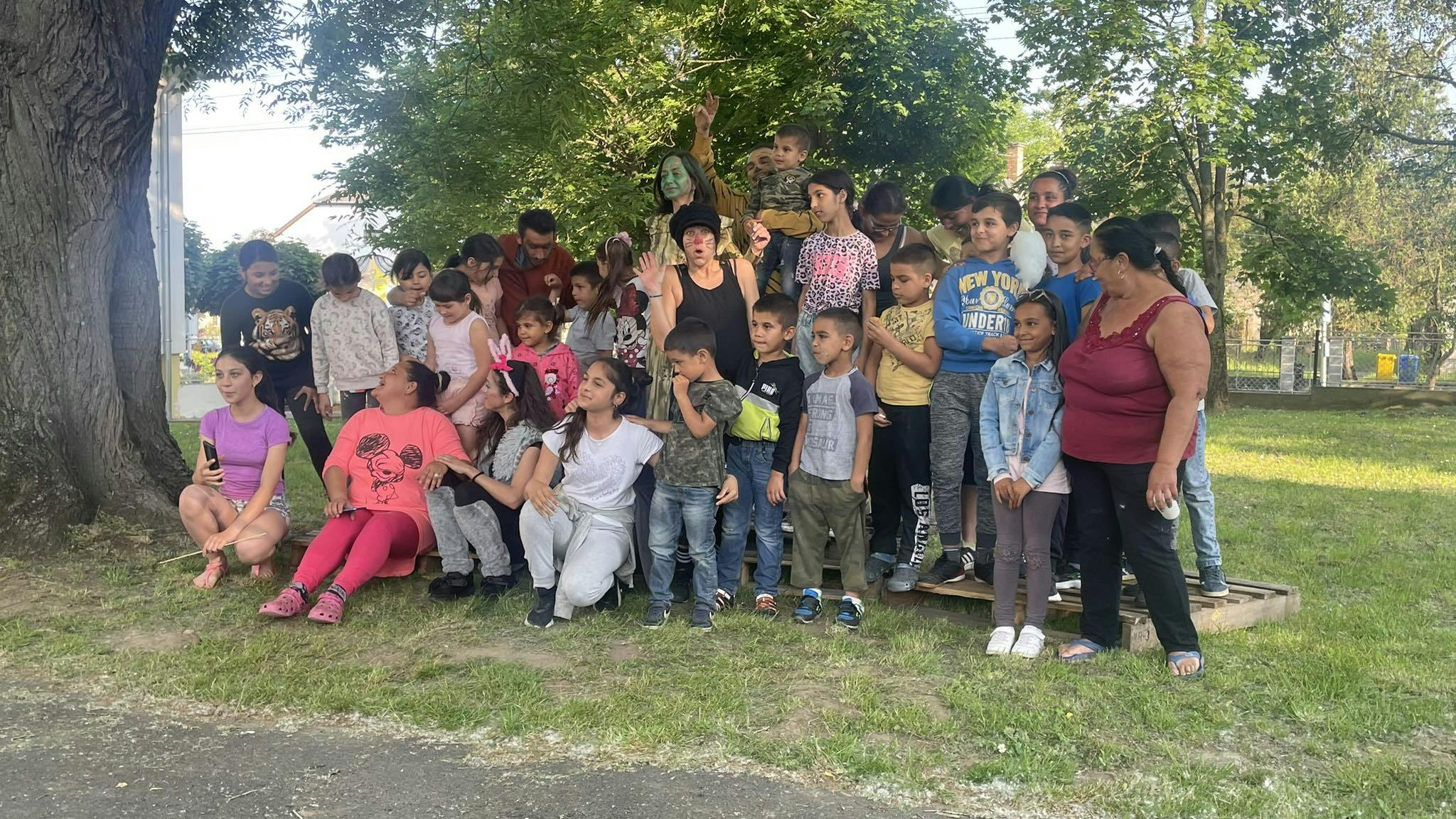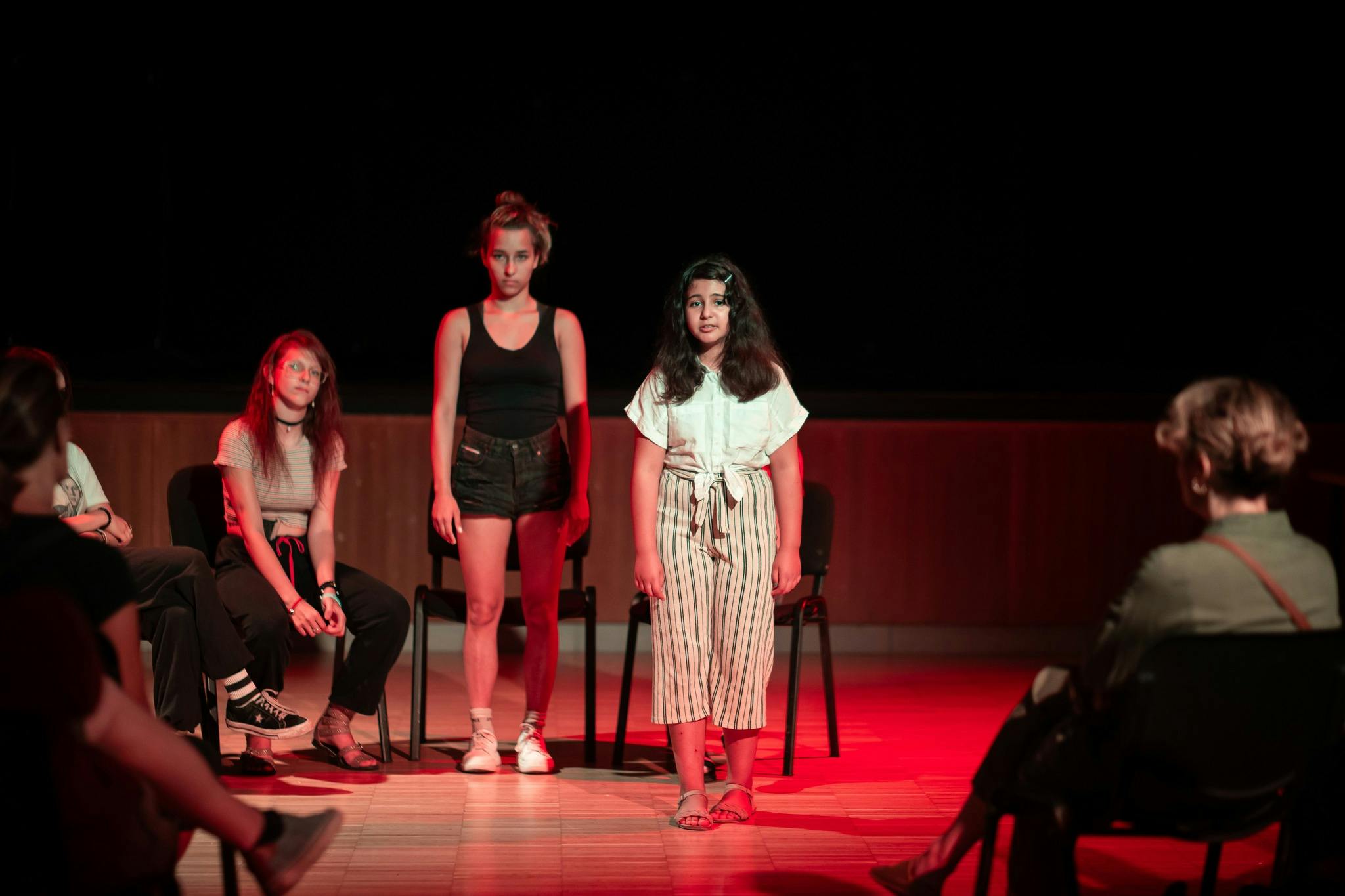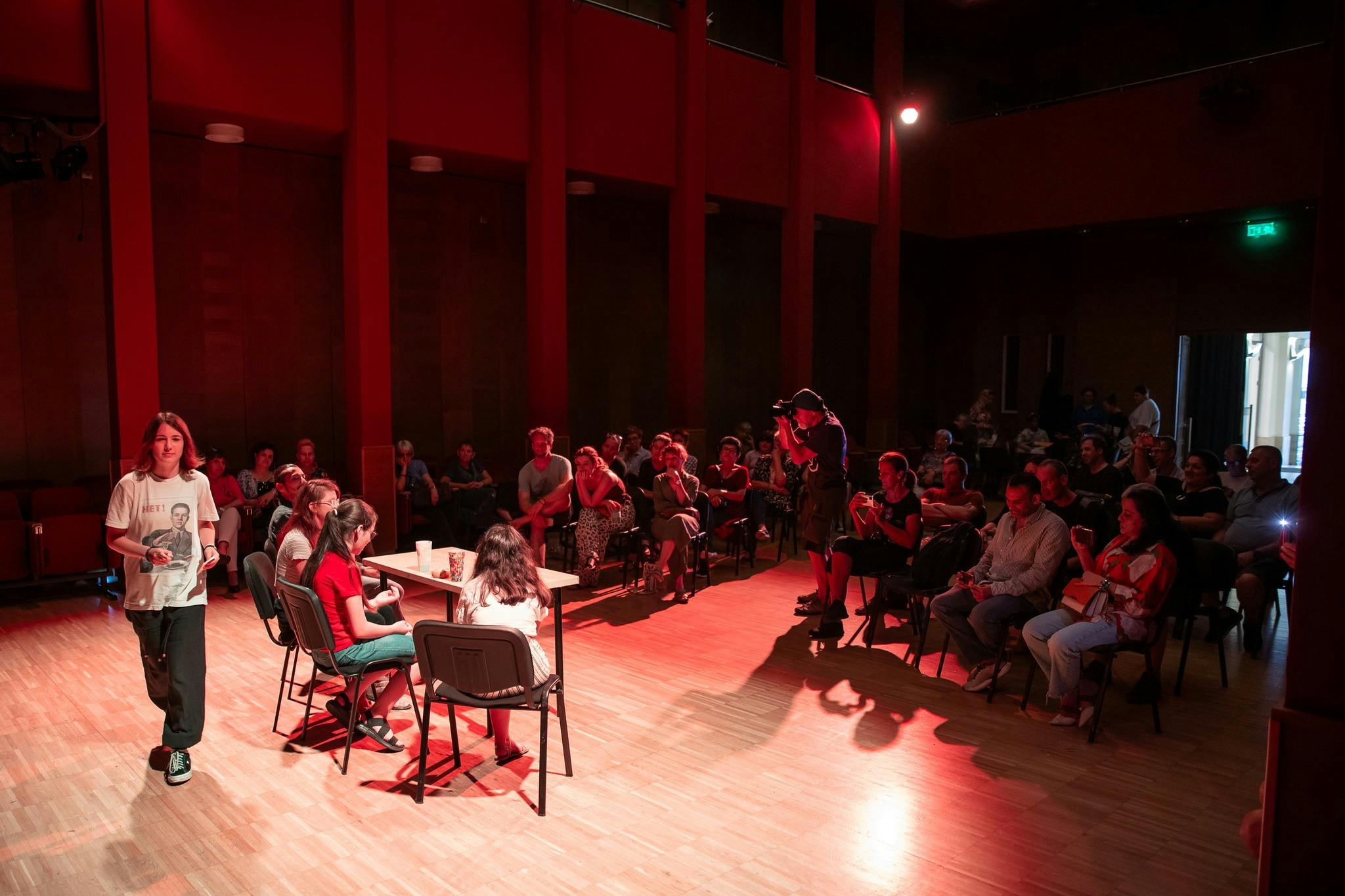Theatre productions frequently aim to bring about social change by inspiring the audience to question the status quo and empowering them to take steps towards action. Unfortunately, too often these productions remain in the reach of the elite, whilst disadvantaged communities do not have access to any cultural productions.
Independent Theatre Hungary (ITH) wanted to change the above and use theatre as a tool of empowerment for disadvantaged communities.
Over a number of years, ITH developed a series of plays that deal with important social issues. With the support of the Foundation and others, they actively sought out opportunities to present their work to disadvantaged communities. Over two years, they organised 30 performances either bringing their play directly to small, rural communities or actively inviting disadvantaged youngsters to their shows. Feedback showed the value of this work to different communities, creating a space to laugh and cry together with the actors on the stage. Importantly, when a play dealt with more serious issues (for example domestic abuse), several viewers became motivated to speak up afterwards and access professional support.
Watching a theatre performance can be a powerful but short-lived experience so Independent Theatre also created a space for a deeper connection with the community, aiming to reach a more lasting impact. They implemented altogether 10 community theatre processes in different settings, using the Foundation’s grant and their own resources. The aim was to work with disadvantaged children and young people, and to give them an opportunity to showcase their stories and values.
Local children and young people worked intensively for 5-7 days: finding a topic that inspires them, developing the characters, putting together the story and doing all the additional work. This process improved important social and personal skills such as cooperation, concentration and creativity. The performance was presented in the local community in front of proud family members and friends, as well as leaders of local organisations. The process raised young people’s self-esteem and introduced a belief that they can look beyond the usual career prospects and life opportunities. Some of the performers were invited to another community event/theatre festival, thereby extending the production beyond the project term.
Given the impact the process can have, the community theatre process methodology was summarised (in Hungarian) to inspire theatre professionals to start similar projects.
As well as working with disadvantaged communities, a smaller stream of work supported by the Foundation was to engage university students (teachers, communication and theatre professionals) to become socially responsible professionals. Through 4 workshops, ITH reached 70 students and provided a forum to discuss challenging professional questions.




